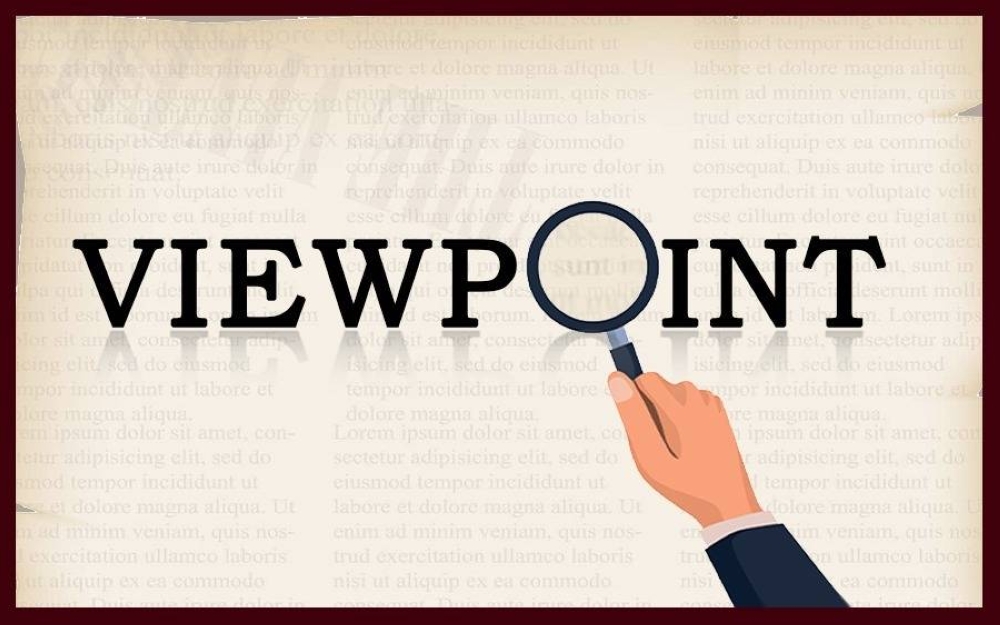In an age where it is increasingly difficult to differentiate ‘original’ from ‘fake’, the role of artificial intelligence (AI) is coming in for more scrutiny with each passing day. Many concerns were discussed at the inaugural global AI Safety Summit in Britain last week. Addressing the gathering, the United Nations Secretary-General Antonio Guterres called for a “united, sustained, global response” to AI threats, as Western allies agreed a safety framework for new cutting-edge models.
The world was “playing catch-up” and needed to “get ahead of the wave”, Guterres told the two-day event attended by various political, technology and other figures at Bletchley Park, north of London.
The UN chief echoed the common concerns when he told the summit that AI had “possible long-term negative consequences” on everything from jobs to culture, while its concentration in a few countries and companies “could increase geopolitical tensions”.
Warning it might “exacerbate the enormous inequalities that already plague our world”, Guterres demanded a “united, sustained, global strategy, based on multilateralism and the participation of all stakeholders”.
Hailing the new “landmark” agreement around testing, British Prime Minister Rishi Sunak said he believed it would help “tip the balance in favour of humanity”. Sunak, who struck an alarmist tone in a recent speech warning of AI’s potential dangers, also announced that renowned AI academic Yoshua Bengio would lead a team producing an inaugural report into AI safety.
The gathering kicked off Wednesday with an agreement signed by 28 countries and the European Union acknowledging the “need for international action”. Thursday saw senior representatives from leading Western nations formally convene, with Sunak, US Vice-President Kamala Harris and EU chief Ursula von Leyen in attendance.
Leading tech figures were also present - including SpaceX and Tesla CEO Elon Musk, who turned up on both days - alongside those from academia and civil society.
The gathering agreed to further AI safety summits in South Korea and France over the coming year. The release of ChatGPT and other generative AI systems, which are capable of quickly producing text, images and audio from simple commands in everyday language, has captivated the public and offered a glimpse into the technology’s potential.
The summit concluded with Western governments and companies involved in so-called next generation “frontier” AI agreeing a new safety testing regime. Governments from G7 and EU countries, as well as Australia, Korea, Singapore, struck a deal with AI-leading companies such as OpenAI, Anthropic, Google DeepMind and Microsoft, to test their latest models before and after release. It comes amid growing concerns around the emerging tech, ranging from job losses and cyberattacks to humans’ ability to remain in control of future systems.
“The late Stephen Hawking once said, AI is likely to be the best or worst thing to happen to humanity,” Sunak told a news conference concluding the summit. “If we can sustain the collaboration that we have fostered over these last two days, I profoundly believe that we can make it the best.”
The event also coincided with the release of a “new” Beatles song produced with AI’s assistance more than four decades after it was originally recorded as a demo. Incidentally, both London and Washington announced last week the establishment of institutes that will carry out that work and identify and mitigate other risks posed by AI.
Opinion
World looks at AI penetration with trepidation
Call for a ‘united, sustained, global response’ to AI threats at London summit

